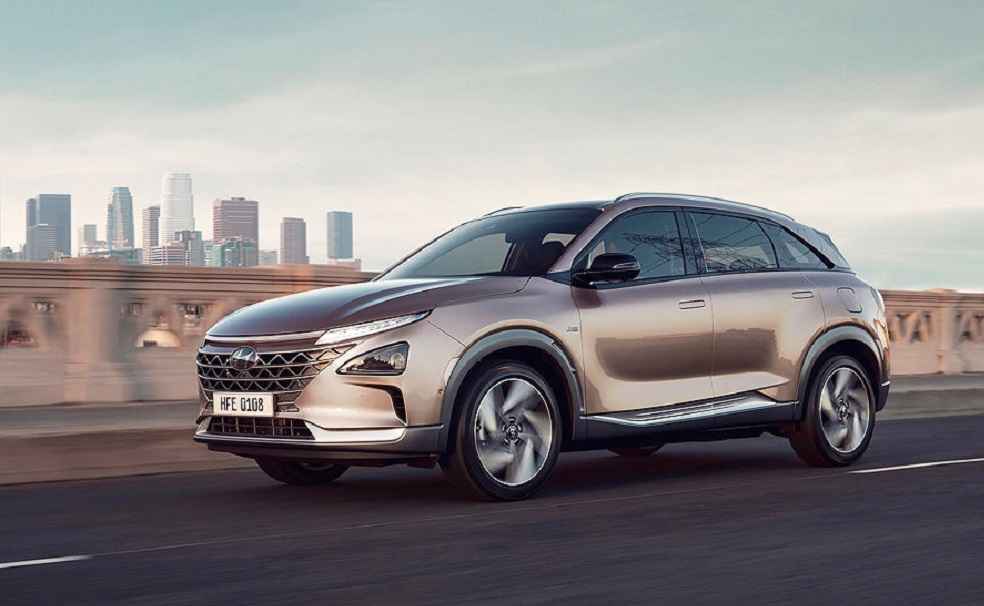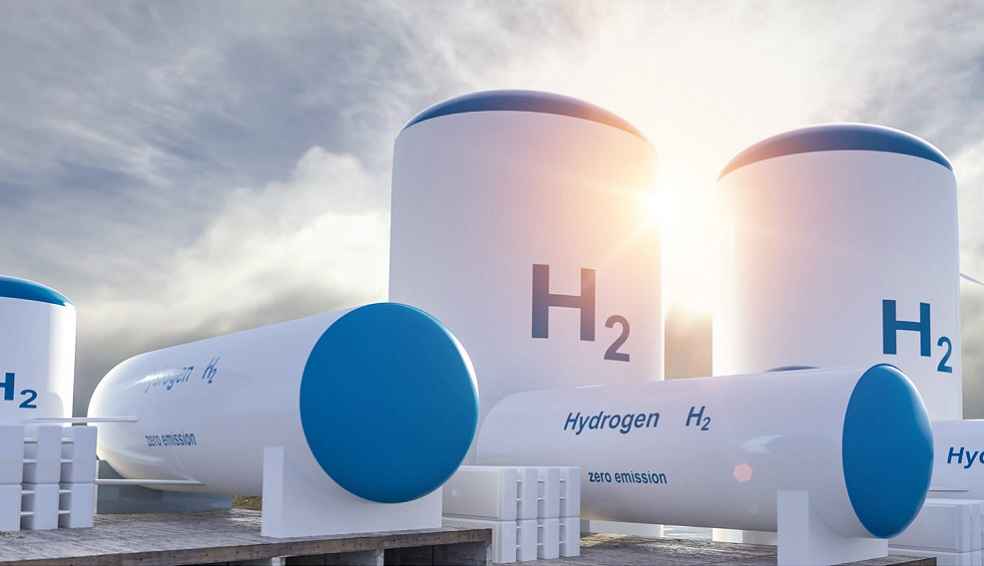As an ambitious step toward developing a sustainable energy ecosystem, Hyundai Motor Group has unveiled its innovative strategy to derive clean hydrogen from food waste bio gas treatment. This groundbreaking initiative seeks to lay the groundwork for a robust green hydrogen ecosystem.
On August 29, at the Hyundai E&C office in Jongno-gu, Seoul, a memorandum of understanding (MOU) was signed with the Sudokwon Landfill Site Management Corporation (SL Corp.). Distinguished representatives from Hyundai Motor Company, Kia Corporation, Hyundai E&C, and SL Corp. were present.
Under this MOU, the collaborative effort projects the production of up to 216 kilograms of green hydrogen daily for the coming two years. This quantity can power over 34 units of NEXO, Hyundai Motor’s renowned hydrogen fuel cell electric vehicle.

Biogas, rich in methane, emerges from food waste fermentation. Using this biogas for hydrogen creation represents a promising shift towards the ‘waste-to-energy’ concept.
Hyundai Motor, Kia, and Hyundai E&C will work cohesively to design an integrated system for the catalytic reaction process. Tasked with advancing the gas selection separation technology, Hyundai E&C holds a crucial role in efficient hydrogen production. Concurrently, SL Corp. will venture into biogas pretreatment techniques, furnishing research infrastructure and vital raw materials.
Accentuating its commitment to renewable energy, the Group aspires to magnify its green hydrogen output and explore the potential of renewable synthetic fuel (e-fuel) technologies. A keen focus lies on adapting recycled synthetic fuels, extracted during hydrogen creation, to traditional internal combustion engine vehicles.
Pushing boundaries further, the Group is on a quest to develop a mechanism that pairs clean hydrogen with carbon monoxide, pioneering the creation of renewable plastic materials and accelerating their pursuit of carbon neutrality.

Expressing optimism for the pact, SL Corp. anticipates this collaboration to align with the Nationally Determined Contribution (NDC) and ensure a reliable supply of clean hydrogen, resonating with the 10th Basic Plan on Electricity Demand and Supply.
Seung Hyun Hong, at the helm of the Materials Research and Engineering Center at Hyundai Motor and Kia, articulated, “Through this agreement, we intend to conduct in-depth research and demonstrate resource-circulating energy technologies to achieve carbon neutrality. We are committed to leading the industry as a global carbon neutrality leader by developing high value-added technologies, such as e-fuel and renewable plastic interior materials production, in the future.”
Previously, July saw the Group inaugurating a research lab centered on carbon neutrality, joining forces with elite domestic universities such as Gyeongsang National University, Kongju National University, and others. The collective mission is to pioneer technologies vital for carbon neutrality.
DON’T MISS | JLR and Wykes Launches UK’s Green Energy Storage with Recycled I-PACE Batteries





